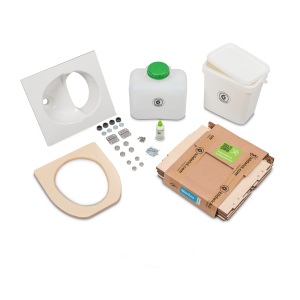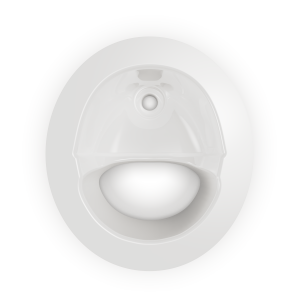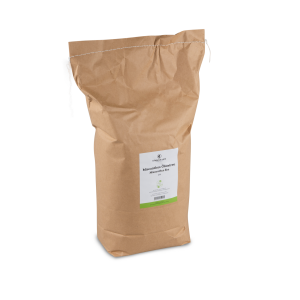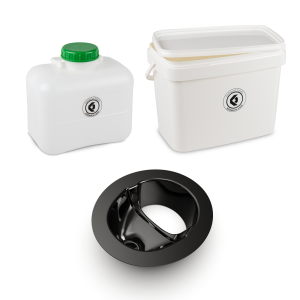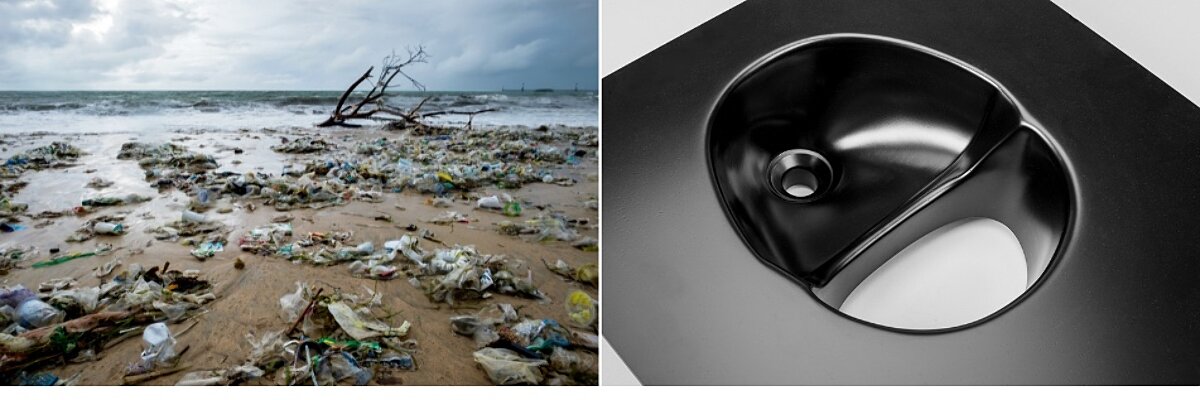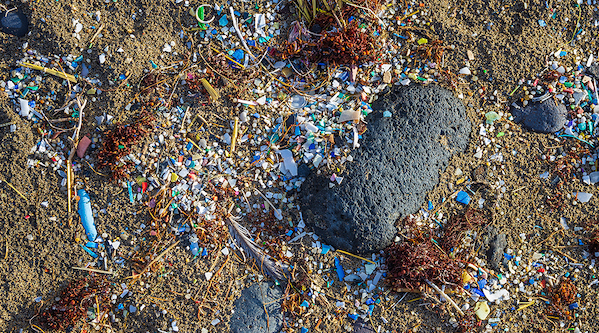Every year, the Australian charity Plastic Free July® draws attention to the global plastic problem with its eponymous campaign. On social media, too.
Plastic is also an important issue for us.
Whether for hygienic, functional or production reasons: It is still not possible to do completely without plastic. An honest interim assessment for 2021.
The plastic problem is one of the most emotionally discussed topics in the „green bubble“.
"We can't do it without plastic"
Each and every one of us has probably heard this or a similar-sounding sentence from a (sustainable) company at some point.
The reasons for it also sounds similar again and again. Sometimes more, sometimes less plausible: plastic is considered hygienic, light, stable and recyclable, among other things.
So you can't do it without plastic?
At Kildwick, we are known for our composting toilets made of birch wood. That sounds pretty good.
Sure.
Plastic is also an important issue for us.
But plastic-free is possible? The holistic Kildwick concept
When we - that is, the Leipzig Kildwick team - took over the original separator from its British inventors and redesigned it, sustainability was our top priority.
Also, the desire for a product that was produced as regionally as possible.
We had therefore specified these measures from the outset in order to avoid plastic waste:
We replaced the GRP of the original urine separator with polystyrene. This is also a plastic, but at least it is recyclable and doesn´t become hazardous waste like fiberglass.
Toilet body made of birch wood, toilet seat made of bamboo or birch wood
Packaging without plastic - preferably cardboard or metal.
The wooden kits are packed plastic-free with a cardboard sleeve
Only paper tape is used on our shipping packages
Less "paperwork" thanks to digital dispatch of invoice, delivery bill and co.
Despite all these measures, we also have to admit to ourselves: Hardly any company can do without plastic completely. Not even us.
Plastic alternatives - not always sensible
So we still use plastic in some areas.
And for various reasons:
Hygiene
Production processes of the suppliers
Costs
Weight (in terms of CO2 emissions during transport)
For hygiene articles, which our products are to a large extent, certain hygiene regulations apply.
Based on these, manufacturers are not allowed to do anything else than, for example, weld the bamboo toilet seats in plastic.
In addition, certain small items are already supplied by the manufacturer in small plastic bags for production reasons. These include, for example, our stainless steel pins.
Two more examples:
In our HappyLoo, the tensioning straps are made of plastic.
We could make these from plastic-free, compostable material with comparable properties. However, this would cause the price of the final product to skyrocket. And ultimately become disproportionately expensive.
Last but not least, the cleaning agents or wood glue could be filled in glass instead of plastic bottles.
But the weight would make shipping more expensive.
And the amount of packaging without plastic to prevent broken glass more harmful to the environment.
For these very reasons, plastic alternatives aren't always a solution for us....
Plastic at Kildwick: the criteria and the outlook
Let's recap:
In many areas, we have been able to avoid plastic waste or even go plastic-free from the start. In other areas, we still can't do without plastic.
But the use of plastic for the diverter and the collection containers is inevitable for the functioning and comfort of a modern dry seperation toilet.
Because so far, no plastic alternative has come into question for this challange.
As bitter as it may be for someone who wants to live plastic-free to the best of their ability.
Because the undeniable advantages of the plastic of our separators and containers are:
hygienic and easy to clean
stable/ durable and extremely long-lasting
waterproof and airtight sealable
light and unbreakable (especially important for mobile use)
recyclable (single-grade plastics)
easy to process, e.g. for individual adaptations
And it has a smaller carbon footprint than ceramics, for example.
We also ensure that modern environmental standards are met during production. To additionally keep the distances shorter, we source our plastic containers from German production. Even the granulate for them comes either from Germany or Belgium.
We are gradually switching to plastic-free alternatives wherever possible.
For example, our separators now come to you wrapped in grass paper. Even the shipping material is now made entirely out of paper. From adhesive tape to shipping bags for customs documents.
But plastic-free production, consumption and living is a dynamic process.
And avoiding plastic waste is a core issue.
And we are committed to staying on top of it.
That's a promise!
We hope that this brief glimpse behind the scenes has answered some of your questions.
Cheers!
